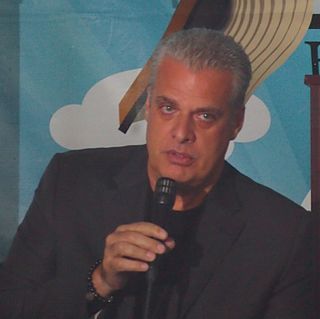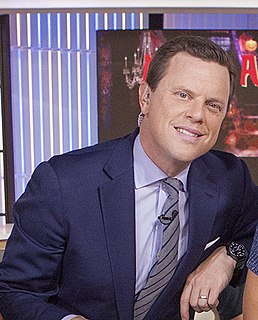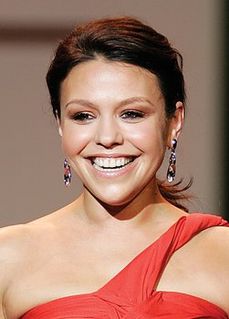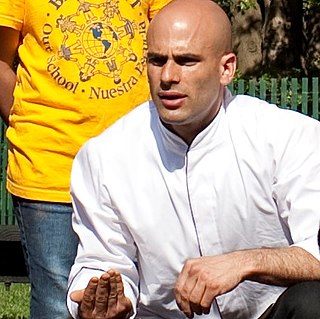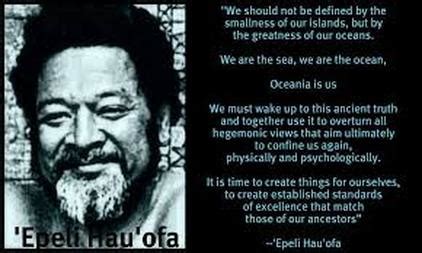A Quote by Homaro Cantu
Most of us have fond memories of food from our childhood. Whether it was our mom's homemade lasagna or a memorable chocolate birthday cake, food has a way of transporting us back to the past.
Related Quotes
Cooking is a holistic process of planning, preparing, dining and sharing food. I place food at the center of our humanity, as it nourishes not only our physical bodies but also our emotional and spiritual lives. Food is truly a cultural phenomenon that informs our traditions and our relationship with the earth. I genuinely believe that food connects us all.
It's in that tradition that we're here today, and we look to soup because there's no force on the globe that brings people together on a daily basis with the same consistency and manner than the cultivation, preparation and eating of food. Food affords us the opportunity to touch everyone in our community, to address the needs of all groups - food is the intersection of the most pressing issues of our time.
That the past is ahead, in front of us, is a conception of time that helps us retain our memories and to be aware of its presents. What is behind us [the future] cannot be seen and is liable to be forgotten readily. What is ahead of us [the past] cannot be forgotten so readily or ignored, for it is in front of our minds' eyes, always reminding us of its presence. The past is alive in us, so in more than a metaphorical sense the dead are alive - we are our history.
I sip my coffee. I look at the mountain, which is still doing its tricks, as you look at a still-beautiful face belonging to a person who was once your lover in another country years ago: with fond nostalgia, and recognition, but no real feelings save a secret astonishment that you are now strangers. Thanks. For the memories. It is ironic that the one thing that all religions recognize as separating us from our creator--our very self-consciousness--is also the one thing that divides us from our fellow creatures. It was a bitter birthday present from evolution, cutting us off at both ends.
Those of us who think about what we eat, how it's grown, those of us who care about the environmental impact of food - we've been educated by fabulous books, like Fast Food Nation and documentaries like Food Inc. But despite these and other great projects that shine a critical light on the topic, every year the food industry spends literally tens of millions of dollars to shape the public conversation about our food system.
All of us want to live, and that is absolutely natural. However, we should learn from childhood on to choose our best way to die. If we don't do that, we end up spending our days like a dog, only in search of harbour, food and expressing a blind loyalty to his owner in return. That isn't enough to make our lives have a meaning.


